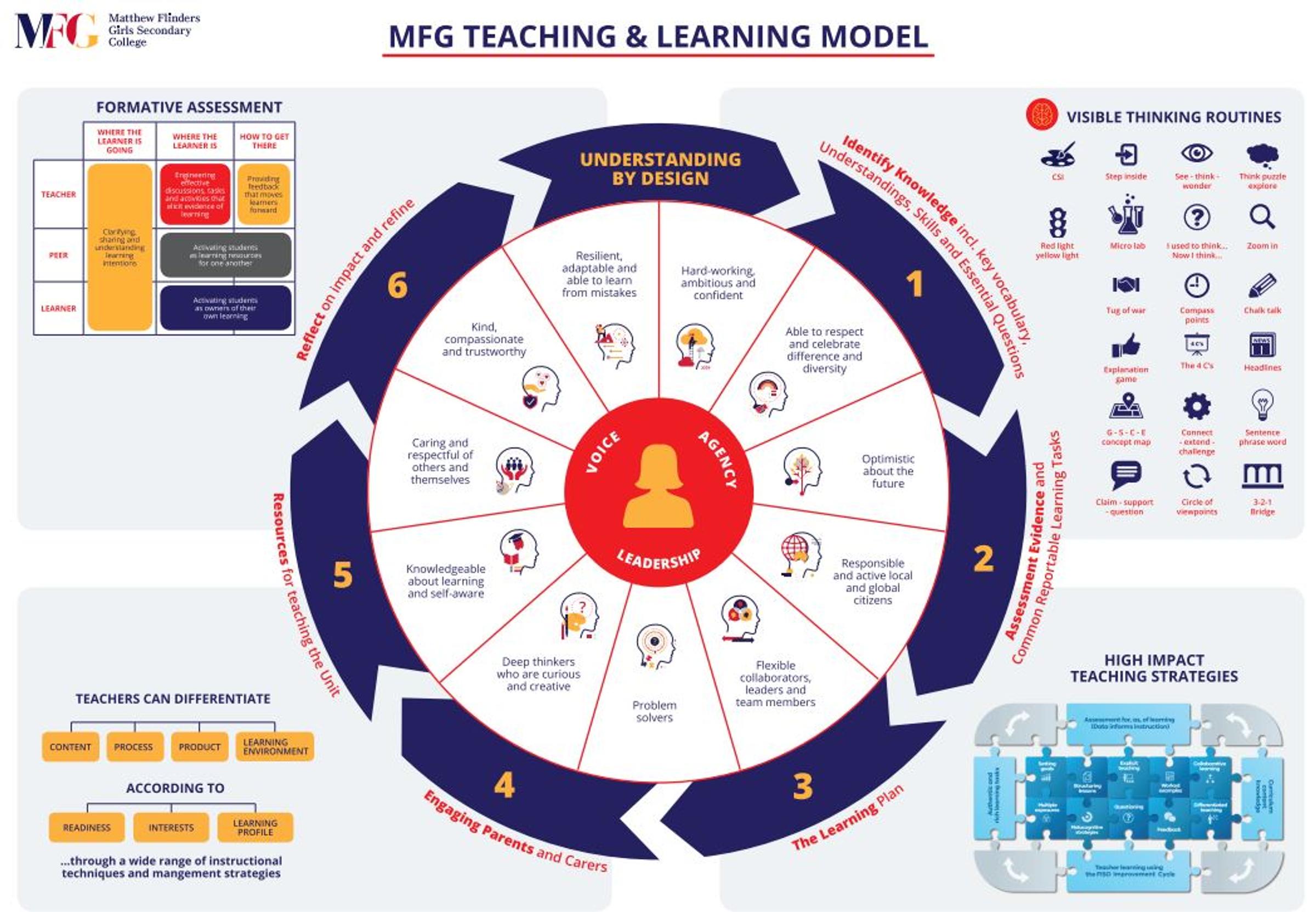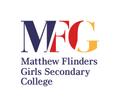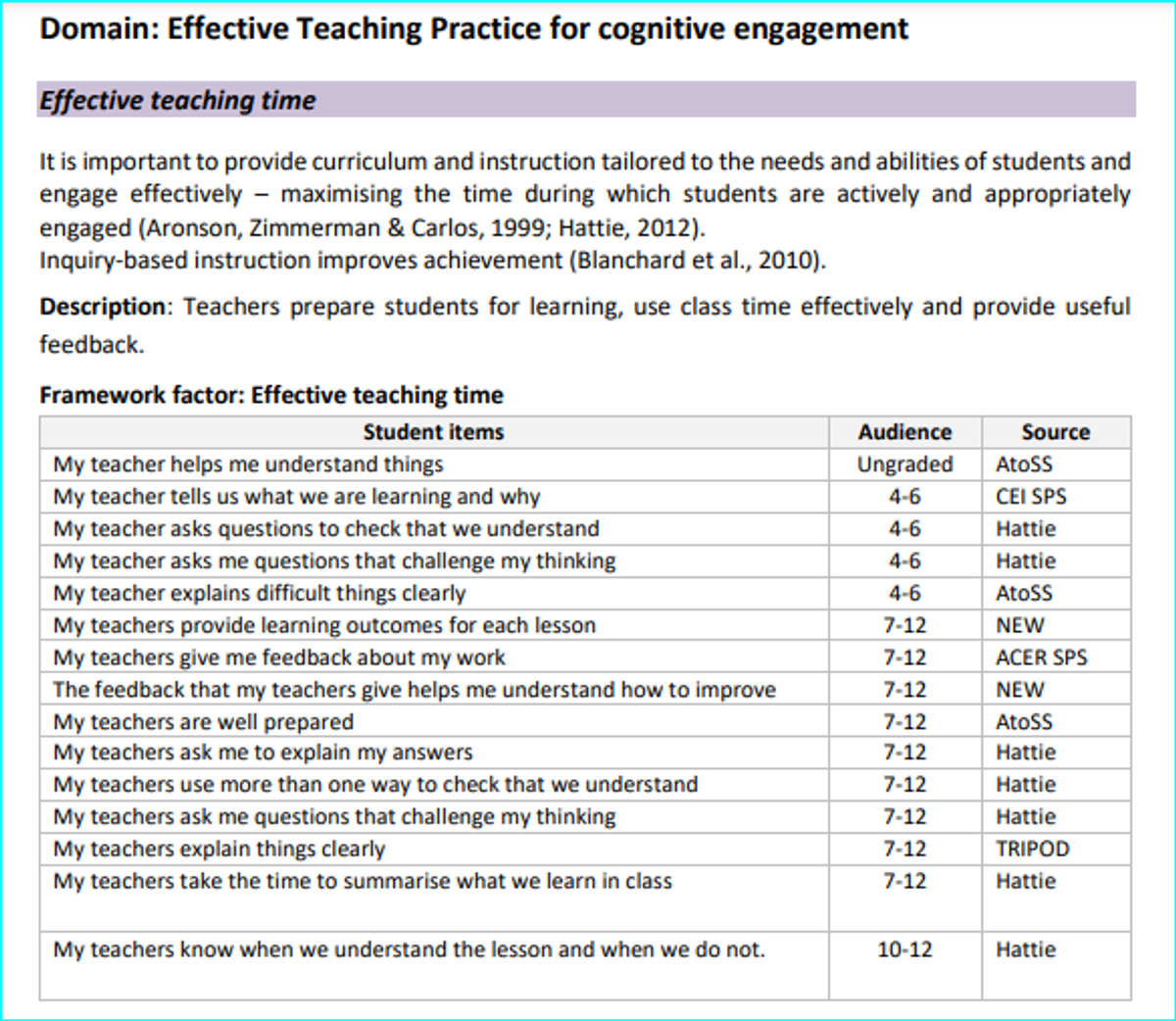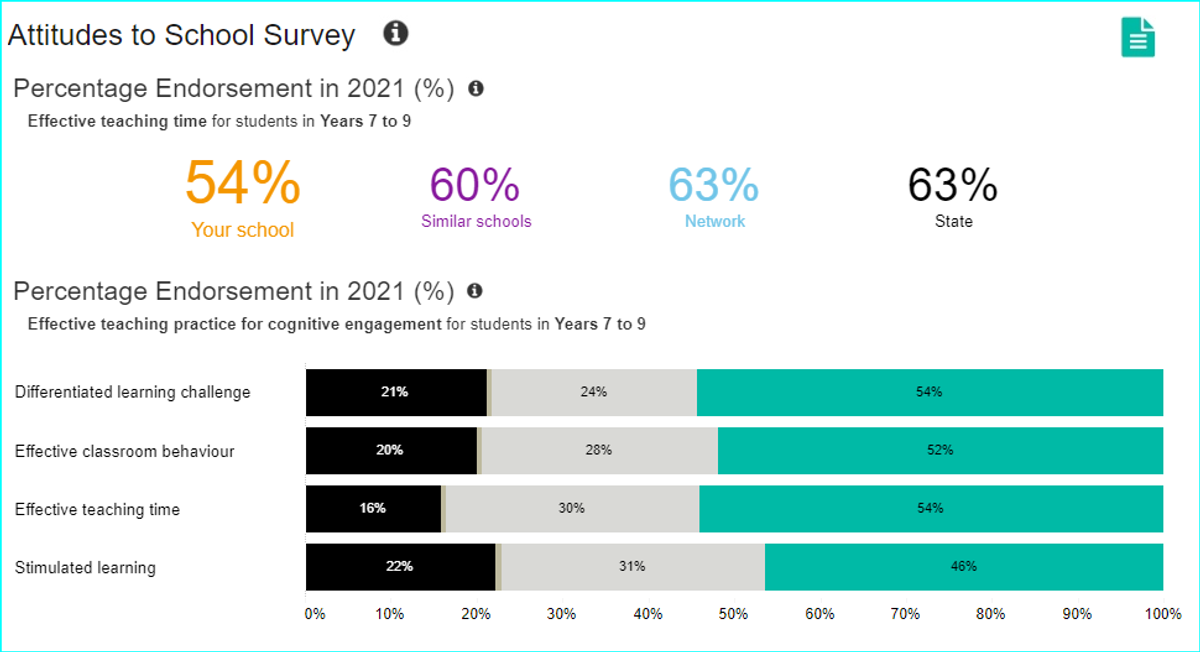Learning and Teaching

World Children’s Day 2021 – November 20
World Children’s Day was first established in 1954 as Universal Children's Day and is celebrated on 20 November each year to promote international togetherness, awareness among children worldwide, and improving children's welfare.
November 20th is an important date as it is the date in 1959 when the UN General Assembly adopted the Declaration of the Rights of the Child. It is also the date in 1989 when the UN General Assembly adopted the Convention on the Rights of the Child.
Since 1990, World Children's Day also marks the anniversary of the date that the UN General Assembly adopted both the Declaration and the Convention on children's rights.
Mothers and fathers, teachers, nurses and doctors, government leaders and civil society activists, religious and community elders, corporate moguls and media professionals, as well as young people and children themselves, can play an important part in making World Children's Day relevant for their societies, communities and nations.
World Children's Day offers each of us an inspirational entry-point to advocate, promote and celebrate children's rights, translating into dialogues and actions that will build a better world for children.
This year, the COVID-19 crisis has resulted in a child rights crisis. The costs of the pandemic for children are immediate and, if unaddressed, may last a lifetime.
It’s time for generations to come together to reimagine the type of world we want to create. On 20 November, kids will reimagine a better world. What will you do?
https://www.un.org/en/observances/world-childrens-day
Attitudes to School Survey 2021
The results/data for the 2021 Attitudes to School Survey have just come in. Like previous years, we randomly select students to create Student Focus Groups and delve into aspects of the data from the Attitudes to School Survey to try and better understand our students’ perspectives.
In the past these Student Focus groups have resulted in changes or initiatives like the introduction of end of Semester exams at Year 10 and an on-going agenda to improve teacher-student relations.
The data below is related to ‘Effective Teaching Time’ domain of the survey and the corresponding questions that our students were asked.
Black: Not positive Gray: Neither disagree or agree Green: Positive
Early Commencement Program (ECP)
On Wednesday 24th November we have our Early Commencement Program Changeover Day. There will be no formal classes and no students will be required at school on this day. On this day we move from the 2021 timetable to the 2022 timetable and our teachers plan for the start of our Early Commencement Program (ECP).
On Thursday 25th November we start the Early Commencement Program. All students in Years 7-11 will commence their 2022 learning program and timetable.
The students will be in their 2022 classes with their 2022 teachers (as best as we can ensure, except for newly appointed teachers or returning staff who don’t start until January 2022). For the students moving into Years 11 and 12, their ECP ends on Friday 3rd December. The ECP ends for the students moving into Years 8, 9 and 10 on Wednesday 8th December. This is followed by an Activity Day for all students currently in Years 7, 8 and 9 on Thursday 9th December.
The reasons for having an ECP include:
- to improve learning outcomes for VCE students and go beyond an ‘introduction’ to VCE
- provide engaging, purposeful and meaningful learning programs and transition for Middle Years students until the end of the school year
- to provide a learning program that addresses the ‘wind-down’ usually associated with the end of the school year
- to help our students adjust to changes to their programs and classes and Summer holidays with a positive mindset about the 2022 school year.
The ECP gives every student an opportunity to make a smooth transition into the next level of learning and helps our students adjust to any changes for 2022 including new classes and new subjects. Our ECP includes the completion of at least one main assessment task which gives each student an opportunity to demonstrate their understanding, knowledge and skills developed during the ECP. The feedback we collected from the students in 2015 - 2020 about their ECP experiences has been very positive and students generally feel it was a worthwhile and beneficial program.
VCE Derived Exam Score (DES)
https://www.vcaa.vic.edu.au/administration/special-provision/Pages/DerivedExaminationScore.aspx
Due to the impact of COVID on our Year 12 students, some Year 12 students will receive a DES which will be calculated by the VCAA.
The purpose of a DES is to ensure that a student’s final result for an external assessment reflects as accurately as possible the level of achievement that would be expected based on the learning and achievement the student has demonstrated in the study over the year.
A DES is not available for the GAT, Music Style and Composition Externally-assessed Task or Extended Investigation Externally-assessed Task written report.
KEY DATES FOR TERM 4
Please note the following key dates for the remainder of Term 4:
- Monday 22nd November – Curriculum Day (no students at school)
- Wednesday 24th November – Early Commencement Program (ECP) Change-over day (no students at school)
- Thursday 25th November – ECP Begins
- Friday 3rd December – last day for ECP for students currently in Years 10 and 11
- Wednesday 8th December – last day of ECP for students currently in Years 7 to 9
- Thursday 9th December – Activities Program begins
TIPS FOR PARENTS AND CARERS WHEN USING COMPASS
If you’re using Compass to look at student progress, teacher feedback etc, use a laptop/computer and not a phone.
Prior to coming to MFG for a Parent-Teacher-Student Conference, do some ‘detective work’ using Compass. You could look at:
- ATTENDANCE – do any absences need to be approved by me?
- TASKS – Are they on-time, over-due or pending?
- FEEDBACK – click on the Learning Task and the Feedback Tab.
Any task in ALL-CAPITALS is a CRLT (Common Reportable Learning Task). These are usually the important assessments. Focusing on how your child performed on these will save you time when looking at their list of Learning Tasks.
ROUTINE: Develop a routine of using Compass in order to be able to have conversations with your child about what they are learning about at school and what’s being expected of them.
Damien Toussaint, Assistant Principal, Learning and Teaching



